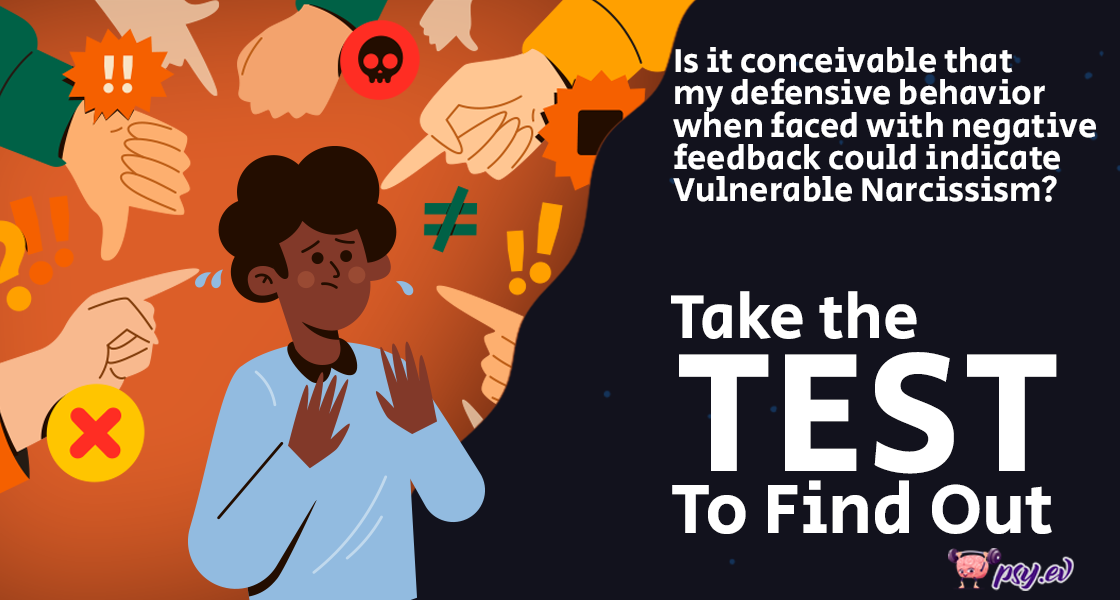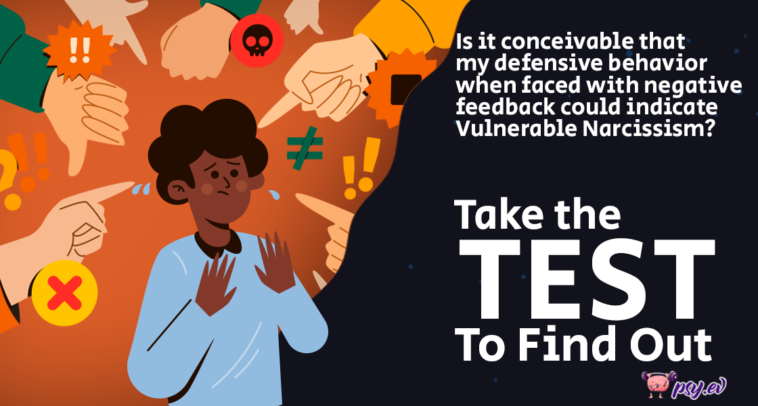Vulnerable Narcissism Causes and Signs
Vulnerable narcissists conceal their genuine character beneath masks of self-doubt and self-consciousness, making them challenging to find. However, they might act out in response to perceived criticism, blame others for their mistakes, and manipulate relationships for their own advantage.
The causes of narcissistic vulnerability can be linked to abuse or neglect during infancy. Other influences from early life, the environment, culture, genetic and biological weaknesses, and relationships between parents and children can be a part of the cause.
It is difficult to recognize and distance oneself from vulnerable narcissists. Vulnerable narcissism symptoms include self-deprecating and introspective habits that might make it challenging to hold them accountable, and their behaviors and interactions frequently resemble those of someone with anxiety or despair.
They have the same inflated sense of self-importance and intense desire for praise as other narcissists, but they also go through a lot of emotional pain and are easily hurt or rejected.
The vulnerable narcissist's primary personality qualities are antagonism, neuroticism, and introversion. Anger, animosity, entitlement, manipulative conduct, and insensitivity are characteristics of antagonism. Anxiety, self-consciousness, mood swings, and a low tolerance for annoyance are characteristics of neuroticism. Vulnerable narcissists are frequently present as shy or restrained because they are introverts.
Your Options for Treatment
Although dealing with vulnerable narcissism might be challenging, it is not impossible. The conduct of vulnerable narcissists is typically not as unpredictable as it would be in the case of grandiose or malignant narcissism, even if they may still feel entitled and superior.
Vulnerable narcissists frequently struggle to accept responsibility for their behavior and may instead blame others. However, given their frequent emotional suffering, they may be more likely to seek therapy.
Treatment for personality disorders like vulnerable narcissism is challenging. However, with the appropriate care, such as specialized therapy, symptoms and behavior may be controlled.
If you’re diagnosed with vulnerable narcissism, you can learn to understand your needs better while respecting those around you. With the right support and motivation, everyone involved can feel secure, heard, respected, and understood.
If you gain insight, put in the effort, and sincerely want to change, you can modify your patterns of thinking and acting. You may find it beneficial to be guided through therapy and other structured assistance.
By completing this vulnerable narcissism self-test, you can find out if recent thoughts or behaviors are connected to a common, manageable mental health condition. It simply takes a few minutes to finish and may set you on the path to fixing the issue.


